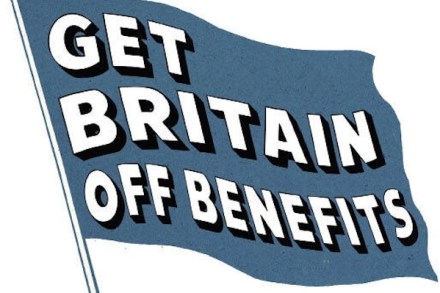In defence of having no opinion
‘Where do you stand on Syria?’ asked my stepson. Tricky one. Clearly, the Assad regime is loathsome and the West should exert more pressure to end the bloodbath, but on the other hand I’m not convinced we should be doing anything at all to help the divided rebels, not least because the faction that takes over will have lots of scary chemical weapons at its disposal. My steppy’s eyes glazed over. I didn’t have a view at all. That’s what he was thinking as he reverted to his iPhone for a far more stimulating exchange than anything I was offering. How wrong he was. My position is as clear and



















